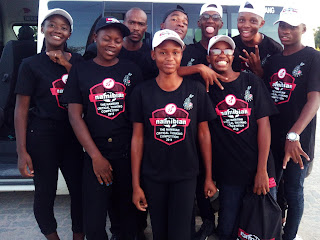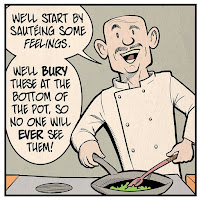Next year

L-R: Nokokure, Paulina, Mr Maingo, Memory, Mr Tjatindi, Uri, Bravo, Nanguei, and Uendji. (Omaheke Regional Debate Team). I can tell something is wrong as Nokokure walks towards me, it’s in how languid her stride has become, the pep has gone from her step. She and Bravo , vice-captain and captain respectively, are a forlorn shadow of who they were the day before. In a supermarket in Okongo , they raced through the aisles towards me and stood next to each other. “Sir, which one of us is taller?” They both asked . I laughed, because what they really meant was which one of them was shorter, next to me, they looked like hobbits. But, I indulged them none the less. Using Nanguei (tallest member of the team) as a scale, we came to the conclusion that Bravo was short, but Nokokure was shorter. We laughed about it in the bus on the way to our destination, Enhana in the Ohangwena Region. Hosts of the National debating championships, rebranded as the Namibian Newspaper
